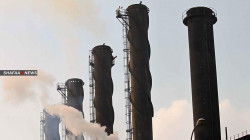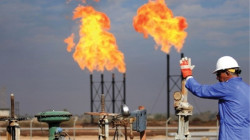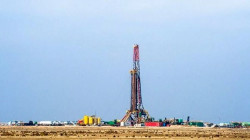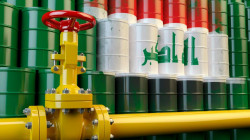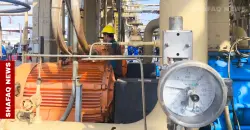Energy transition a political risk nightmare for least competitive oil producers, Company
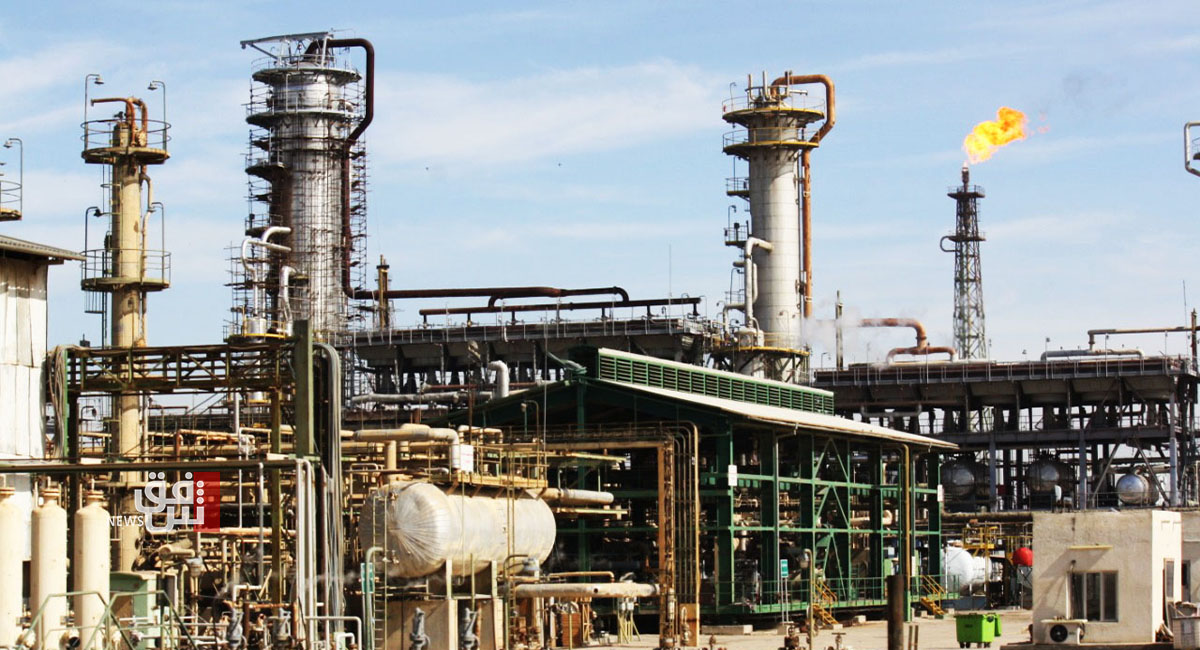
According to Verisk Maplecroft -a leading research firm specializing in global risk analytics- Algeria, Iraq and Nigeria will be among the first casualties of a slow-motion wave of political instability that will engulf the most exposed oil producers over the next 3-20 years. But the likes of Angola, Gabon and Kazakhstan will also be swept up unless they adapt to the oncoming threat that the global shift away from hydrocarbons poses to them.
“Those that don’t adapt could face step changes in credit risk and policy or regulatory volatility as they enter doom loops of shrinking hydrocarbon revenues, political turmoil, and failed attempts to revive flatlining non-oil sectors. Mid-century price forecasts range between USD95 and just USD48, reflecting uncertainty over energy transition. In a low-oil future, even the lowest-cost Gulf countries that are poised to capture market share could eventually face a reckoning.” The Company said.
Verisk Maplecroft’s data showed that most oil-producing countries have failed to diversify – or have gone backwards – since the 2014 oil price crash. Whether in or out of OPEC, most exporters doubled down on production in the years after to try and plug revenue gaps. Despite this, the majority took a hit on their foreign exchange reserves anyway, including Saudi Arabia, which has burnt through almost half of its 2014 dollar stockpile.
“Our analysis suggests that many, if not a majority, of net oil producers are going to struggle with diversification largely because they lack the economic and legal institutions, infrastructure and human capital needed. Even when such institutions are in place, the political environment, corruption or governance challenges and entrenched interests mean some may not reform their way out of trouble, even where it is clearly the rational course.” The Company added.
“Those most at risk will be the higher-cost producers with substantial dependence on oil revenues, little capacity to diversify and higher levels of political instability. If a storm breaks, it will break first in Algeria, Nigeria, Chad and Iraq. It will be all the more disruptive here because of these countries’ fixed or crawling exchange rate regimes. Venezuela and Libya have experienced state failure and economic collapse for other reasons, but they show how bad things could get.”
“As the energy transition train gathers pace, oil-dependent producers will find themselves tied to the tracks. Some will escape in time, but our data suggests a very high risk that many won’t. Adjustment to new socio-economic realities will come for them via political upheaval and market turmoil. Even some of those that do build alternative industries will face elevated political risks as diversification undermines existing social contracts.” It concluded.
“The playing field isn’t entirely tilted against investors and corporates though. Economic transformation in some countries will translate into opportunity, particularly for multinational foreign direct investors and in private markets. Spotting those that will successfully adapt quickly enough to the new realities of a low-oil future will be the challenge for them.” It said.
